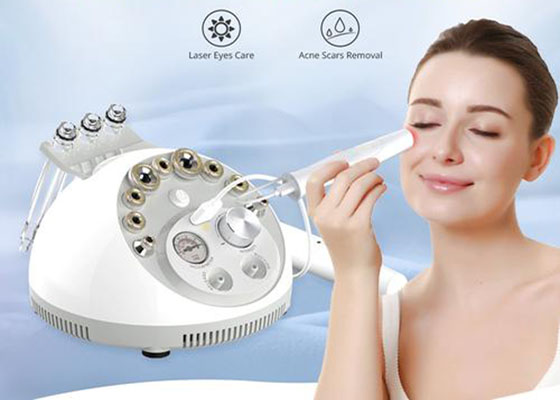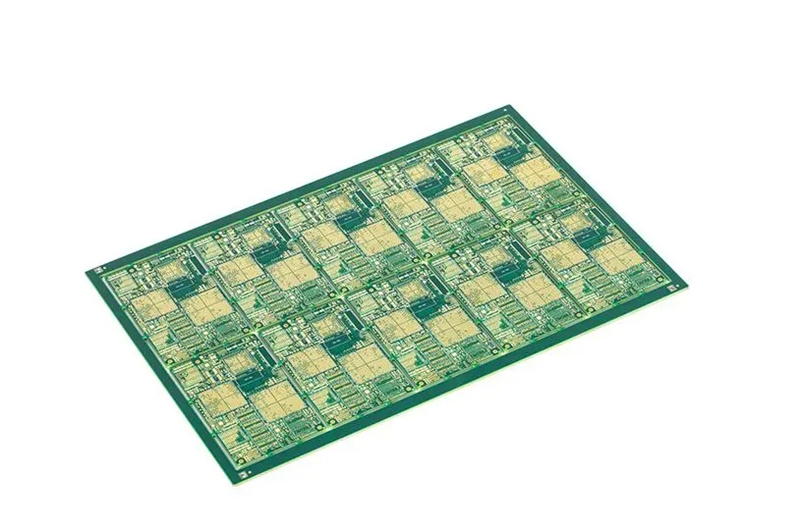Hyperpigmentation is a common skincare concern that can be frustrating to deal with. Whether it’s dark spots from acne scars, sun damage, or hormonal changes, finding an effective solution is key. Two popular ingredients often touted for their ability to address hyperpigmentation are retinol and glycolic acid. In this article, we’ll delve into the benefits, mechanisms of action, and considerations of both retinol and glycolic acid to help you make an informed decision.
Understanding Retinol
Retinol is a derivative of vitamin A and is known for its remarkable benefits for the skin. It aids in cell turnover, promotes collagen production, and reduces the appearance of fine lines and wrinkles. Additionally, retinol has been found to be effective in addressing hyperpigmentation.
The mechanism of action behind retinol’s impact on hyperpigmentation lies in its ability to inhibit melanin production. Melanin is the pigment responsible for the color of our skin, and an overproduction can lead to dark spots and patches. By slowing down melanin synthesis, retinol helps fade existing hyperpigmentation and prevents the formation of new spots.
However, it’s important to note that retinol can cause skin sensitivity, redness, and peeling, especially when first starting its use. It’s advisable to introduce retinol gradually into your skincare routine and to use sunscreen diligently since retinol can make the skin more susceptible to sun damage.
Exploring Glycolic Acid
Glycolic acid, on the other hand, is an alpha-hydroxy acid (AHA) derived from sugar cane. It is widely used in skincare for its exfoliating properties and ability to improve skin texture and tone. When it comes to hyperpigmentation, glycolic acid works by gently exfoliating the top layer of the skin, which helps to fade dark spots and promote a more even complexion.
Unlike retinol, glycolic acid does not directly interfere with melanin production. Instead, its exfoliating action removes the outer layer of dead skin cells, revealing fresh, brighter skin underneath. Regular use of glycolic acid can gradually reduce the appearance of hyperpigmentation over time.
However, it’s important to use glycolic acid with caution, as it can cause skin irritation, redness, and increased sensitivity to sunlight. It’s recommended to start with a lower concentration and gradually increase as tolerated. Additionally, like with retinol, using sunscreen is crucial to protect the newly exposed skin.
Comparing Retinol and Glycolic Acid
When it comes to choosing between retinol and glycolic acid for hyperpigmentation, several factors should be considered.
1. Efficacy in Treating Hyperpigmentation: Both retinol and glycolic acid have shown efficacy in addressing hyperpigmentation, although their mechanisms of action differ. Retinol targets melanin production, while glycolic acid works through exfoliation. The choice between the two may depend on the specific cause and severity of your hyperpigmentation.
2. Differences in Mechanism of Action: Retinol’s ability to directly inhibit melanin production may make it more effective for deeper, more stubborn pigmentation. On the other hand, glycolic acid’s exfoliating action can be beneficial for more surface-level pigmentation. It’s worth noting that a combination of both ingredients might provide optimal results for certain individuals.
3. Considerations for Different Skin Types: Retinol can be particularly beneficial for those with acne-prone or aging skin, as it addresses multiple concerns beyond hyperpigmentation. However, individuals with sensitive or dry skin may experience more pronounced side effects and should approach retinol cautiously. Glycolic acid, on the other hand, is generally well-tolerated by most skin types, but individuals with sensitive skin should start with lower concentrations and monitor their skin’s response.
Choosing the Right Option
Selecting the best option between retinol and glycolic acid for your hyperpigmentation concerns depends on various factors. Consider the following points when making your decision:
- Skin Sensitivity and Tolerance: Assess your skin’s sensitivity and tolerance to active ingredients. If you have sensitive skin or are new to skincare actives, starting with glycolic acid might be a gentler option. Gradually introducing retinol after your skin has adjusted to glycolic acid could be a potential strategy.
- Hyperpigmentation Severity: Evaluate the severity and depth of your hyperpigmentation. If you’re dealing with more stubborn or deep-rooted pigmentation, retinol’s direct impact on melanin production may offer better results. For milder surface-level pigmentation, glycolic acid’s exfoliating properties can be effective.
- Personal Preferences: Consider your personal preferences and skincare goals. Retinol provides additional anti-aging benefits beyond hyperpigmentation treatment, making it an attractive option for those targeting multiple concerns. Glycolic acid, with its focus on exfoliation and skin texture improvement, may be favored by individuals seeking overall skin brightening.
It’s essential to remember that what works for one person may not work for another. Skincare is highly individual, and experimenting with different ingredients and formulations may be necessary to find what suits your skin best.
Additional Tips for Hyperpigmentation
While retinol and glycolic acid can play a significant role in addressing hyperpigmentation, incorporating other skincare practices is equally important. Consider the following tips to enhance your results:
- Sun Protection: Hyperpigmentation can worsen with sun exposure, so always wear sunscreen with a high SPF to protect your skin. Look for broad-spectrum sunscreens that shield against both UVA and UVB rays.
- Consistency is Key: Consistent and regular use of retinol or glycolic acid is crucial for noticeable improvements. Incorporate them into your skincare routine and follow the recommended usage guidelines.
- Consult a Dermatologist: If you’re unsure about which ingredient or formulation is suitable for your skin or if you’re dealing with severe hyperpigmentation, it’s advisable to consult a dermatologist. They can provide personalized recommendations and guidance based on your specific needs.
Conclusion
When it comes to choosing between retinol and glycolic acid for hyperpigmentation, understanding their mechanisms of action and considering individual factors is essential. Both ingredients have their unique benefits and considerations, and the choice ultimately depends on your skin type, hyperpigmentation severity, and personal preferences. Remember to introduce new products gradually, monitor your skin’s response, and prioritize sun protection throughout your skincare journey. By taking a comprehensive approach and seeking professional advice when needed, you can achieve brighter, more even-toned skin and regain your confidence.




